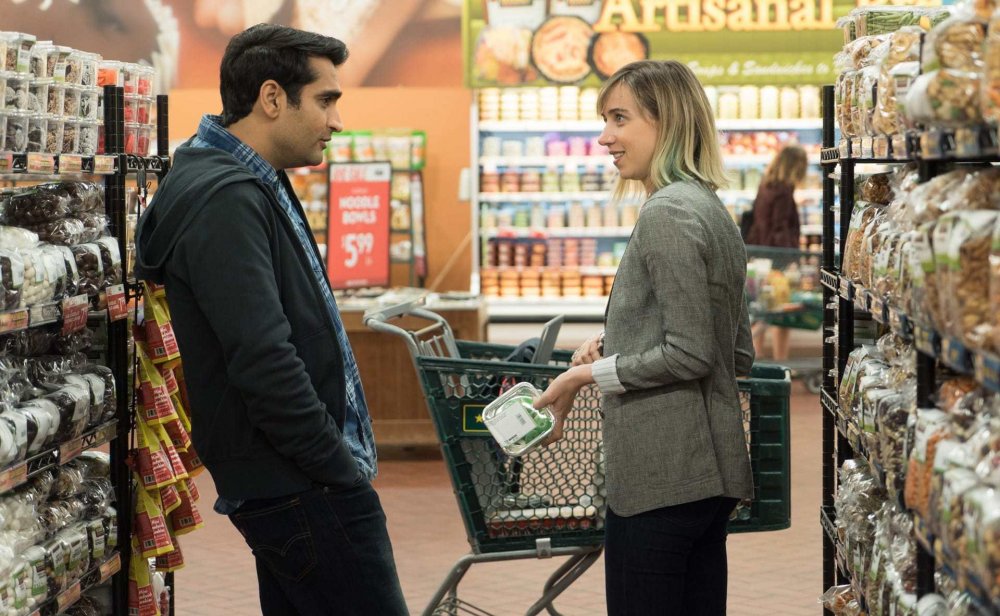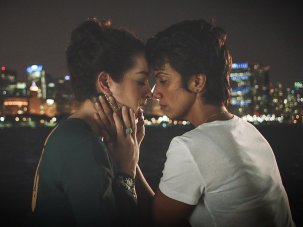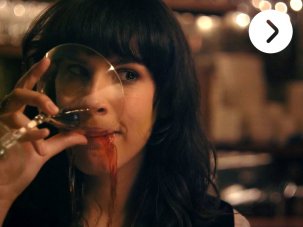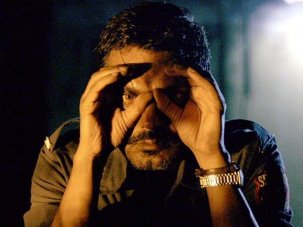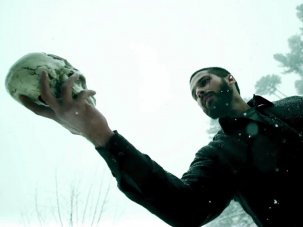Arranged marriages are the norm even today throughout the South Asian community, irrespective of religion, and orthodox parents worldwide are routinely surprised when a daughter or son chooses a partner from a different race, faith or colour. This has been mined time and again in cinema. Recently, for example, siblings Geeta and Ravi Patel’s terrifically engaging documentary Meet the Patels followed a Gujarati-American man whose family seeks a bride for him within the community, all the while unaware that he has a white girlfriend.
USA 2017
Certificate 15 119m 48s
Director Michael Showalter
Cast
Kumail Kumail Nanjiani
Emily Zoe Kazan
Beth Holly Hunter
Terry Ray Romano
Azmat Anupam Kher
Sharmeen Zenobia Shroff
UK release date 28 July 2017
Distributor Studio Canal UK
thebigsick.co.uk
► Trailer
Written by Emily V. Gordon and Kumail Nanjiani and based on their own relationship, The Big Sick explores similar territory but uses the arranged-marriage issue as a point from which to launch itself into broader realms. Nanjiani, best known for playing the sad-sack coder Dinesh Chugtai in HBO show Silicon Valley, basically plays himself – a Pakistani-born Chicago stand-up comic, who in the film also moonlights as an Uber driver. His orthodox Muslim parents are genial enough, but relentless in their quest to get him married within the community – resulting in a series of hilarious sequences in which prospective brides just happen to drop by during family dinners. Kumail’s participation in this process, and the fact that he doesn’t dispose of the numerous bridal résumés, puts an end to his relationship with white postgrad student Emily.
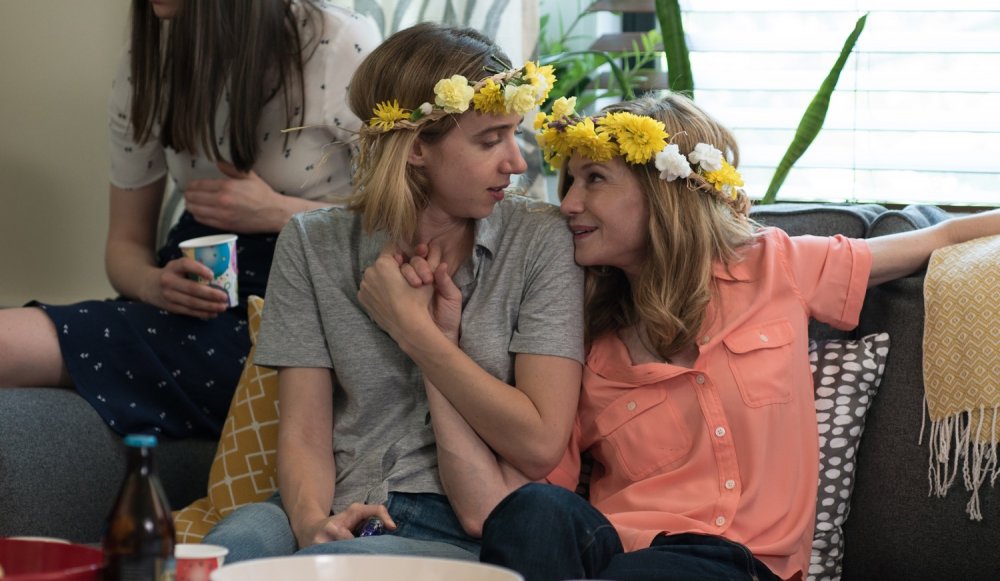
Zoe Kazan and Holly Hunter in The Big Sick (2017)
When Emily is hospitalised and put into a medically induced coma after being diagnosed with Still’s syndrome, the script goes into overdrive. Her parents (played by Holly Hunter and Ray Romano) arrive to take care of her, and are surprised when their daughter’s ex-boyfriend also turns up at the hospital. This segment is the heart of the film. It is an awkward situation all round – technically, Emily is no longer Kumail’s girlfriend, but he feels duty-bound to be at her side and look after her parents, for whom Chicago is a strange city. The parents themselves are in a strained relationship and don’t know how to deal with Kumail, but have no choice but to accept his help.
Judd Apatow was one of The Big Sick’s producers and had input on the script. It is therefore no surprise that the film’s tragicomic tone has echoes of Trainwreck (2015) and Funny People (2009). It calls to mind too HBO’s Crashing (2017), which Apatow executive-produced and which also effectively conveys humour and pathos in equal measure.
Another strength is the film’s matter-of-fact treatment of South Asian customs. For Kumail, arranged marriage is just a fact of life, and the film takes the same attitude. Its message – that cultures are different but can coexist peacefully – is a welcome one in these riven times, and reinvigorates the tired romcom genre.
In the August 2017 issue of Sight & Sound
Interview: In sickness and in health
The Big Sick turns a traumatic episode in the lives of its writers, Kumail Nanjiani and Emily V. Gordon, into an unlikely romcom. By James Mottram.
-
Sight & Sound: the August 2017 issue

Christopher Nolan on Dunkirk and real film, plus Sofia Coppola on The Beguiled, Jane Campion and Elisabeth Moss on Top of the Lake and Jean-Pierre...
-
The Digital Edition and Archive quick link
Log in here to your digital edition and archive subscription, take a look at the packages on offer and buy a subscription.




